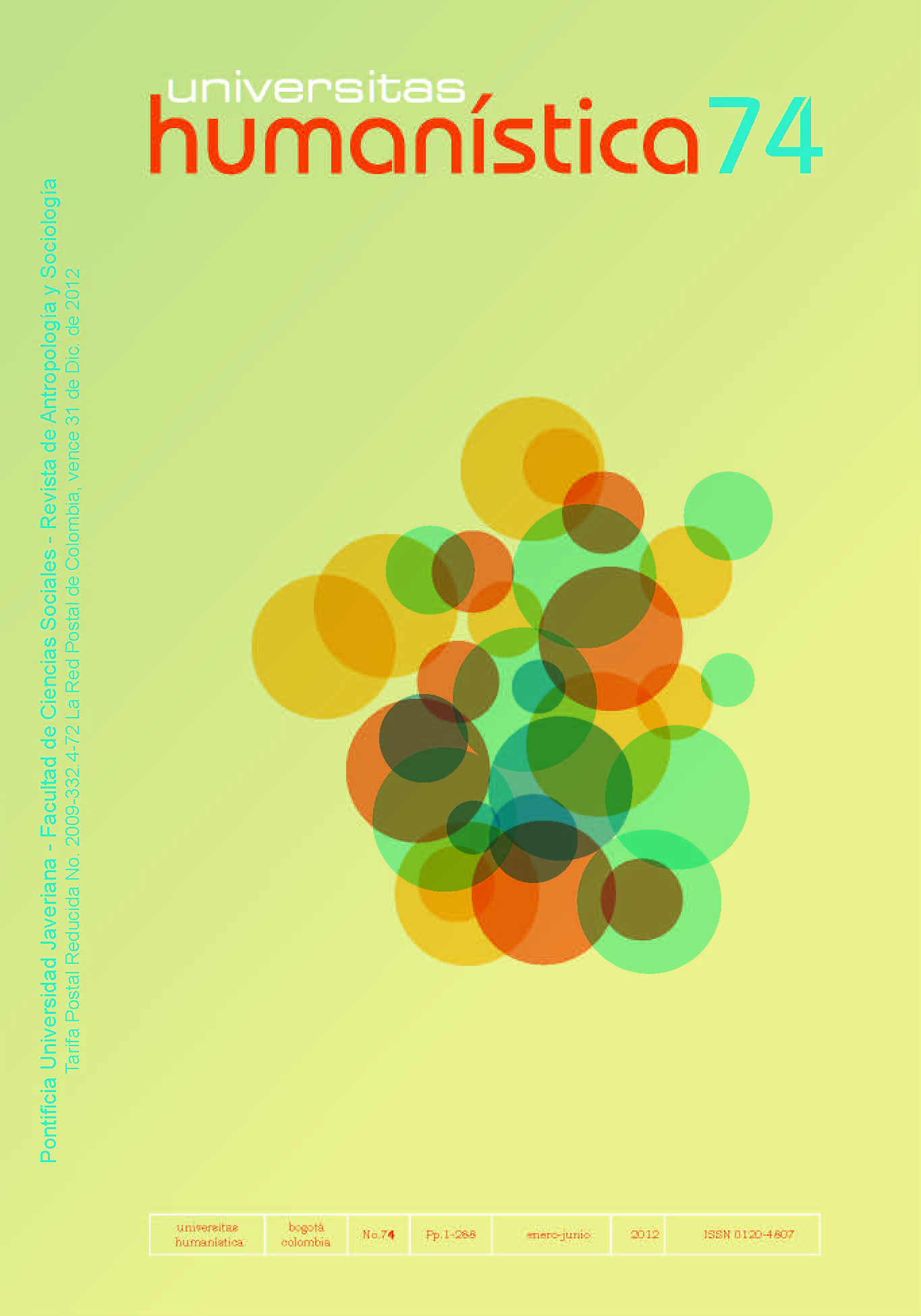Resumen
Hacia la década del 60 el término marginalidad comienza a ser utilizado en América Latina como un concepto dentro de las ciencias sociales para dar cuenta de los efectos heterogéneos y desiguales de los procesos de industrialización y desarrollo. La emergencia de esta noción se desarrolla en el campo de disputa de dos paradigmas en conflicto, dando lugar a dos grandes vertientes interpretativas: la idea de marginalidad social o cultural desarrollada en el marco de la teoría de la modernización y la noción de marginalidad económica elaborada por la teoría de la dependencia. Este trabajo se propone revisar las características que adquiere el concepto de marginalidad en cada uno de estos dos marcos conceptuales focalizando en los trabajos de Gino Germani, José Nun y Miguel Murmis. Finalmente, el artículo panea los principales argumentos contenidos en la revisita contemporánea del concepto y las potencialidades para su aplicabilidad a la actual realidad latinoamericana.

La revista Universitas Humanística se encuentra registrada bajo la licencia Creative Commons Reconocimiento 4.0 Internacional. Por lo tanto, esta obra se puede reproducir, distribuir y comunicar públicamente en formato digital, siempre que se reconozca el nombre de los autores y a la Pontificia Universidad Javeriana. Se permite citar, adaptar, transformar, autoarchivar, republicar y crear a partir del material, para cualquier finalidad (incluso comercial), siempre que se reconozca adecuadamente la autoría, se proporcione un enlace a la obra original y se indique si se han realizado cambios. La Pontificia Universidad Javeriana no retiene los derechos sobre las obras publicadas y los contenidos son responsabilidad exclusiva de los autores, quienes conservan sus derechos morales, intelectuales, de privacidad y publicidad.
El aval sobre la intervención de la obra (revisión, corrección de estilo, traducción, diagramación) y su posterior divulgación se otorga mediante una licencia de uso y no a través de una cesión de derechos, lo que representa que la revista y la Pontificia Universidad Javeriana se eximen de cualquier responsabilidad que se pueda derivar de una mala práctica ética por parte de los autores. En consecuencia de la protección brindada por la licencia de uso, la revista no se encuentra en la obligación de publicar retractaciones o modificar la información ya publicada, a no ser que la errata surja del proceso de gestión editorial. La publicación de contenidos en esta revista no representa regalías para los contribuyentes.


